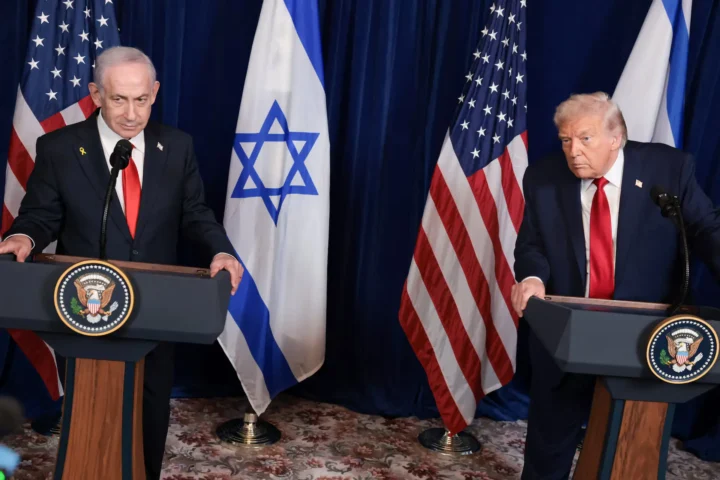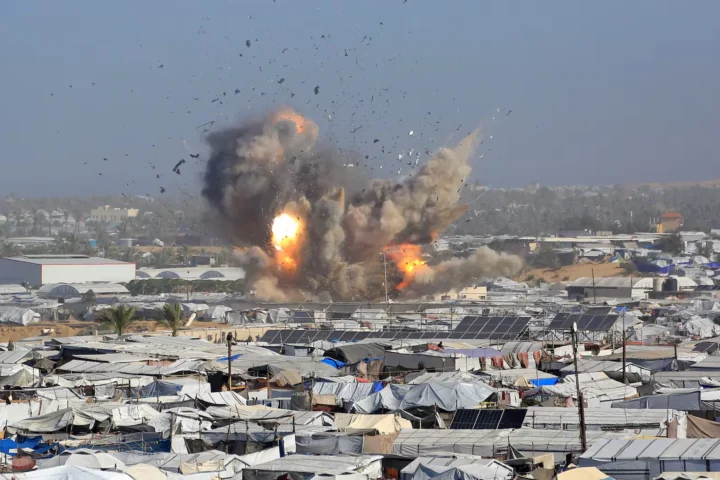In recent months, China’s military activities around Taiwan have escalated dramatically, with simulated invasion drills, missile launches over the island, and daily incursions by Chinese fighter jets into Taiwanese airspace. These aggressive maneuvers make international headlines, but they overshadow a more insidious threat: China’s relentless campaign of diplomatic pressure and legal warfare, or “lawfare,” aimed at undermining Taiwan’s legitimacy. While less visible, this strategy poses an existential danger to Taiwan’s future as a self-governing democracy—on par with military aggression.
Beijing’s military posturing is designed to intimidate both the Taiwanese public and international allies, forcing hesitation and deterring support for the island. But China’s lawfare works quietly in the background, chipping away at Taiwan’s ability to operate as an autonomous state on the global stage. If the world’s democracies do not push back against this slow erosion of Taiwan’s international standing, the consequences will be dire.
Take the United Nations, for example. Despite the escalating risk of conflict in the Taiwan Strait—a scenario that could trigger a superpower war and inflict up to $10 trillion in damage on the global economy—Taiwan remains conspicuously absent from the U.N. stage. At the recent General Assembly, no mention was made of the island. This omission is not by accident, but by China’s design.
China’s leverage over Taiwan’s exclusion from the U.N. dates back to 1971, when the U.N. General Assembly passed Resolution 2758, which granted the People’s Republic of China (PRC) the seat that the Republic of China (now Taiwan) had held since the organization’s founding. The resolution shifted diplomatic recognition from Taipei to Beijing, but critically, it did not address Taiwan’s status directly, nor did it declare Taiwan as part of China. Yet, over the past five decades, China has consistently used its position as a permanent member of the U.N. Security Council to enforce its “One-China” policy, erasing Taiwan’s presence in international forums and portraying it as a mere province of the PRC.
What the world often overlooks is that Resolution 2758 only settled the question of which government represents “China” in the U.N. It did not mandate Taiwan’s exclusion from the international community. However, Beijing has successfully twisted this resolution to isolate Taiwan, preventing it from participating even in organizations where its expertise is vital—like the World Health Organization (WHO).
The real-world consequences of China’s legal and diplomatic war against Taiwan have been stark. When COVID-19 first emerged, Taiwan was one of the earliest countries to detect and contain the virus, thanks to swift measures like screening travelers from Wuhan in December 2019. Yet, despite its exemplary response, Taiwan’s health officials were barred from WHO meetings due to China’s pressure, depriving the global community of early insights that could have slowed the pandemic’s spread. This blockade of Taiwanese expertise during a global health crisis highlights just how dangerous China’s lawfare can be.
China’s efforts to strangle Taiwan’s global engagement are not limited to health diplomacy. Taiwan’s representatives are barred from attending international labor conferences, its officials are denied entry to U.N. buildings, and even Taiwanese children have been blocked from participating in educational visits to U.N. offices. Beijing’s pressure also extends to private companies, airlines, and tech firms, many of which have been coerced into listing Taiwan as a province of China on their websites and official documents.
All of this reflects a broader strategy by China to weaken Taiwan’s standing until it becomes functionally invisible on the global stage. President Xi Jinping, unlike his predecessors, appears to have little patience for long-term solutions. He has made it clear that he wants to see Taiwan brought under Beijing’s control during his tenure, using either coercive diplomacy or force if necessary. The military drills and daily airspace incursions are just the surface of a broader campaign to absorb Taiwan into the Chinese state.
If the international community does not act swiftly and decisively to counter Beijing’s tactics, Taiwan could find itself increasingly isolated, with fewer allies willing to come to its defense. The world’s democracies must stand up for Taiwan’s right to participate in global organizations, challenge China’s misinterpretation of Resolution 2758, and ensure that Taiwan has a voice in international affairs.
Taiwan has shown the world its resilience and resourcefulness, from leading a democratic transformation to becoming a tech powerhouse. It is now up to the international community to ensure that Taiwan’s voice is not silenced, and that its vibrant democracy is not snuffed out by China’s shadowy campaign of legal and diplomatic warfare. If the world remains complacent, the costs—for Taiwan and for global stability—could be catastrophic.











